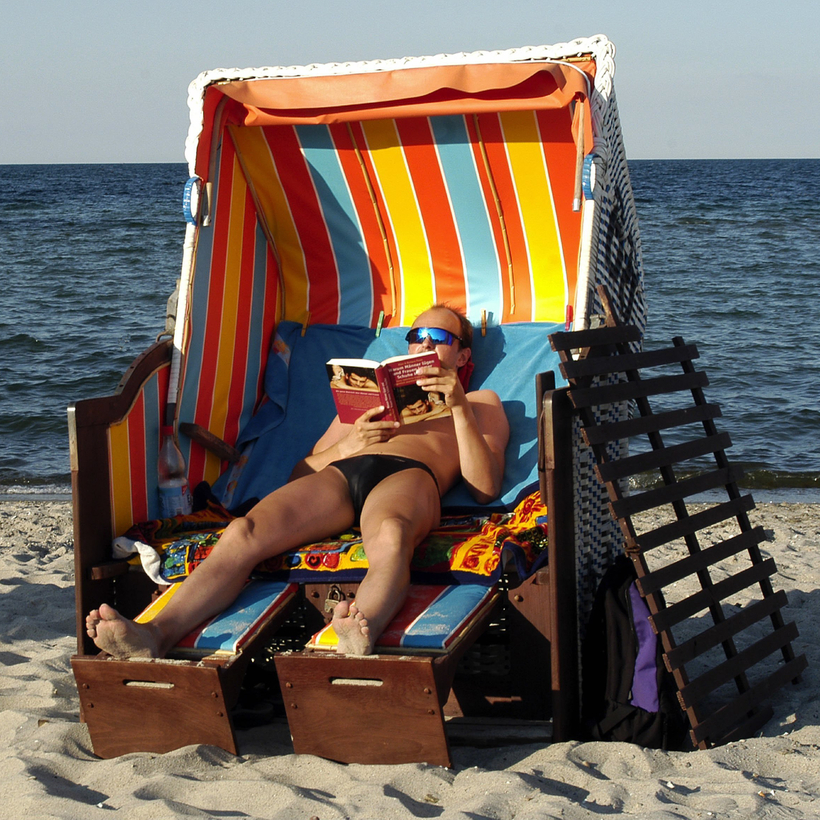
1.
The Transcendentalists and Their World, by Robert A. Gross
This book on the rise of transcendentalism takes readers back to Concord, Massachusetts, 45 years after the publication of the author’s Revolutionary-era The Minutemen and Their World. Read Cullen Murphy’s review of the book, which revolves around Ralph Waldo Emerson, Henry David Thoreau, Nathaniel Hawthorne, Louisa May Alcott, and the other thinkers who called this New England town home in the early- to mid-19th century, here.
2.
Harlem Shuffle, by Colson Whitehead
Coming on the heels of The Underground Railroad and The Nickel Boys, the author’s latest transports readers to mid-20th-century Harlem, taking place across three novella-length stories set in 1959, 1961, and 1964. Read Charles Finch’s review of the superb novel—and a look at how the author got to where he is—here.
3.
The Afghanistan Papers: A Secret History of the War, by Craig Whitlock
Telling a version of the Afghanistan war that a lot of people went to great lengths to hide, this book investigates the ways in which three successive presidents and their military commanders deceived the public about the conflict for decades. Read a review of this deep dive into the dark side of America’s longest war by Romesh Ratnesar, who served in the U.S. Department of State from 2015 to 2017, here.

4.
Francis Bacon: Revelations, by Mark Stevens and Annalyn Swan
The British painter Francis Bacon’s emergence onto the London social scene—including the time he humiliated Princess Margaret—was as controversial as his paintings. Read Rachel Campbell-Johnston’s review of this excellent biography here.
5.
Empire of Pain: The Secret History of the Sackler Dynasty, by Patrick Radden Keefe
From the New Yorker writer and author of the Northern Ireland memoir Say Nothing comes a searing portrait of three generations of the Sackler family and their role in today’s opioid epidemic. Read a review of the book by Bethany McLean, a journalist familiar with rich people doing bad things (the author of The Smartest Guys in the Room, she catalogued the fall of Enron), here.
6.
Putting It Together: How Stephen Sondheim and I Created Sunday in the Park with George, by James Lapine
The story of how Sunday in the Park with George came to be is really one of the amazing friendship between the author and the Broadway composer and lyricist Stephen Sondheim. Read Asher Fogle Paul’s review of the book, which was published just months before Sondheim’s death, in November, here.
7.
Plunder: Napoleon’s Theft of Veronese’s Feast, by Cynthia Saltzman
Ever wonder how the Louvre got all that art? A new book reveals the plundering of epic proportions that got it there. Read Jenny McPhee’s review of the book, told through the story of a single Renaissance masterpiece seized from Venice—Paolo Veronese’s Wedding Feast at Cana—here.

8.
Better to Have Gone: Love, Death, and the Quest for Utopia in Auroville, by Akash Kapur
Among Aatish Taseer’s happiest memories as an adolescent were the times he spent in the South Indian town of Auroville. It had been founded in 1968, the year of student revolution, as an “intentional community.” Read Taseer’s review of a quest for Utopia in India gone horribly wrong here.
9.
Crossroads, by Jonathan Franzen
A multi-polar domestic melodrama recalling the work of Updike, Cheever, Yates, and other 20th-century master chroniclers of white-middle-class unhappiness and yearning, the latest from the author of Freedom and The Corrections does not disappoint. Read Walter Kirn’s review here.
10.
The Invention of Medicine: From Homer to Hippocrates, by Robin Lane Fox
This enlightened history of medicine traces our conceptual shift from the divine fatalism of Homer to the heightened empiricism of the medical (and historical) profession. Read Max Carter’s review of the book, which extends into many other fascinating aspects of Greek culture and city life, here.


